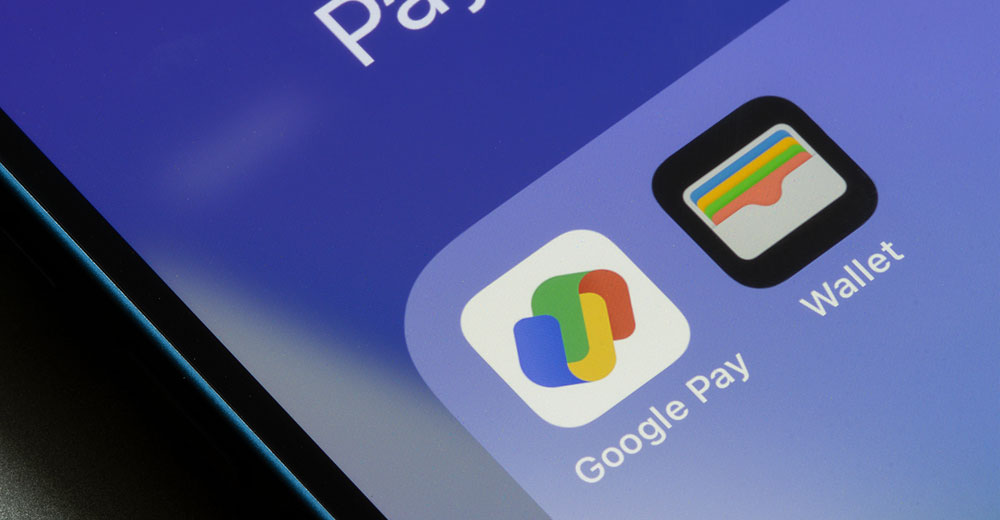There’s numerous hype round synthetic intelligence as the best factor since sliced bread, however will AI truly assist with cybersecurity? Criminals who run cybercriminal companies are also able to the use of the AI to devote crimes. It’s logical that if one individual is sensible sufficient to broaden cyberprotection applied sciences that make the most of AI, then considerate, ingenious criminals can use AI to penetrate the ones AI-created protections.
AI has been round since about 1959. It has had its ups and downs till 2011, when IBM’s Watson changed into a tv superstar by way of beating Jeopardy!’s reigning champs.
Now IBM continuously has tv ads selling Watson for myriad makes use of, together with detecting issues of airplane and elevators. On the similar time, those commercials make AI seem common and a part of our present tradition, relatively than as some esoteric complicated laptop era.
AI in Cybersecurity
It is very important perceive what gadget finding out is and the way it pertains to AI. To oversimplify, gadget finding out is a pc’s talent to acknowledge issues. Synthetic intelligence is a pc’s talent to imitate human working out.
On the other hand with all of the advertising hype discovered at the Web, it’s oftentimes obscure when any individual truly is regarding AI or gadget finding out.
“I if truth be told don’t suppose numerous those firms are the use of synthetic intelligence,” Malwarebytes CEO Marcin Kleczynski instructed Stressed out. “It’s truly coaching gadget finding out. It’s deceptive in many ways to name it AI, and it confuses the hell out of consumers.”
Malwarebytes is a supplier of gadget finding out danger detection tool.
Gadget finding out may also be very recommended within the deployment of cybersecurity detection methods, because it permits gadgets to be informed what to stay up for.
Curb Your AI Enthusiasm
It doesn’t matter what safety distributors would possibly say, ask any safety career and they’re going to inform you there’s no “Silver Bullet.”
“To be honest, AI without a doubt has a couple of transparent benefits for cybersecurity,” wrote Tomas Honzak, director of safety and compliance at Excellent Information, in a contemporary Darkish Studying submit. “In fact, like all era, AI has its obstacles.”
This sort of obstacles is our reliance on data the AI has discovered. It’s transparent that an AI has the similar finding out curve as a human intelligence: Each have to peer one thing or make a mistake earlier than it will probably be informed.
“Even if the malware is detected, safety already has been compromised and harm would possibly have already got been performed,” Honzak identified.
The primary time (no less than) that an AI sees one thing extraordinary, it would possibly not react to the alternate in time to dam the motion or job.
Any other vital limitation of AI is that we view it simplest from the defenders’ facet, when if truth be told the similar equipment are to be had to the attackers.
“In case you’re the use of AI to higher come across threats, there’s an attacker in the market who had the very same concept,” Honzak cautioned. “The place an organization is the use of AI to come across assaults with larger accuracy, an attacker is the use of AI to broaden malware that’s smarter and evolves to steer clear of detection.”
The power for attackers to use merchandise to circumvent security features is maximum transparent with antivirus merchandise. Whilst signature-based antivirus merchandise had been efficient at detecting malicious tool within the early days of the Web, by way of some accounts antivirus merchandise are 100% useless at detecting ransomware. This loss of software isn’t as a result of antivirus has gotten worse, however since the virus creators have got higher.
Attackers use the similar varieties of equipment to verify their malicious tool will bypass industrial antivirus merchandise. To handle this limitation in signature founded antivirus, merchandise got here in the marketplace that might run tool in a “sandbox” to check whether or not it was once malicious or no longer.
Attackers then began including timers into their tool to execute simplest inside a window, and then the sandbox would expire. The cat and mouse sport continues. We indubitably will see the similar sport performed with AI.
“As soon as attackers make it previous the corporate’s AI, it’s simple for them to stay left out whilst mapping the surroundings, conduct that an organization’s AI would rule out as a statistical error,” Honzak wrote in his Darkish Studying piece.
Yet one more limitation — and there are others no longer mentioned right here — is the ubiquity of processing energy to be had. Whilst companies around the globe had been turning to the cloud for elastic processing, so have attackers.
Way back to 2011, most probably earlier than many legit companies had been exploring cloud computing, attackers had been the use of the ability of AWS elastic compute to crack password recordsdata. There is not any explanation why to think attackers won’t make the most of merchandise advanced for legit companies to defeat AI defenses.
Conclusion: AI Gives Hope
Whilst the constraints detailed above would possibly recommend a demise knell for cybersecurity AI, that isn’t the ultimate conclusion to attract. Simply as AI wanted IBM’s Watson to make AI obtainable, the improvement of AI for cybersecurity functions continues.
We these days use people for detection. If AI can understand its objective of mimicking human intelligence, then it’ll equivalent or surpass the human talent to come across threats.
The critiques expressed on this article are the ones of the authors and don’t essentially mirror the perspectives of ECT Information Community.



